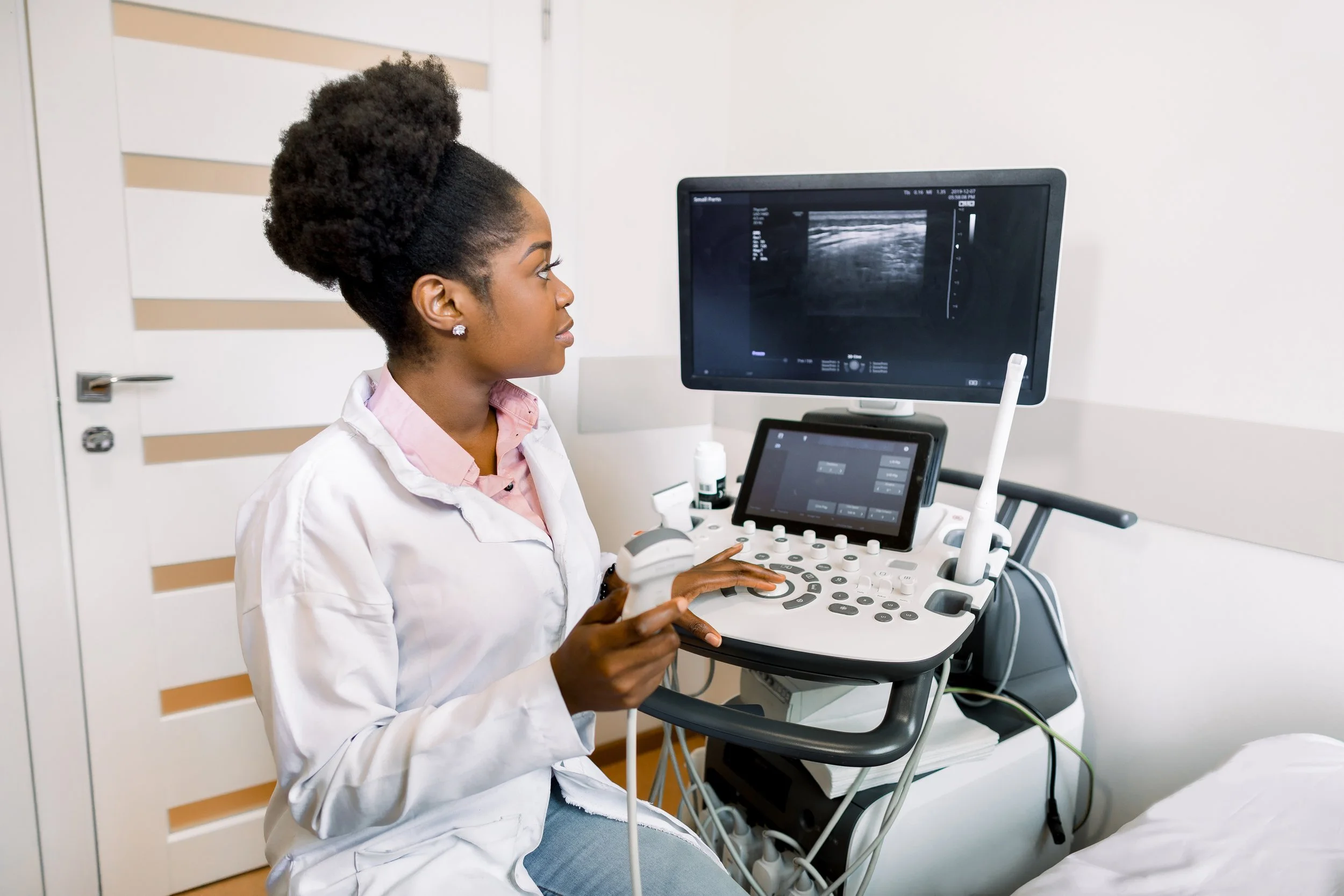How to Become an Ultrasound Technician in Massachusetts
How to Become an Ultrasound Technician in Massachusetts
Posted on 10/9/2025
An increasing number of young people are pursuing careers as ultrasound technicians, drawn by the promise of short training and competitive pay. Also known as diagnostic medical sonographers, this is one of the fastest-growing jobs in healthcare in Massachusetts. What’s driving this growth? Increasing demand for medical imaging as a less expensive and safer alternative to invasive procedures. With a median salary in Massachusetts of $104,130 (BLS) and the opportunity to choose from various specialties, programs targeting this career path are highly competitive.
What Do Ultrasound Technicians Do?
Ultrasound technicians work with tools that utilize high-frequency sound waves to create images of internal organs, tissues, and blood flow within the body. Technicians then use these images and videos to create reports that physicians use when evaluating and diagnosing a patient.
The key difference between X-ray and ultrasound technicians is the technology used to generate images. Ultrasound techs rely on sound waves for dynamic imaging, usually for soft tissues. For example, an ultrasound technician may give the doctor a view of the heart’s valves or create an image of a fetus in the womb, allowing them to detect any abnormalities. On the other hand, X-ray techs use radiation to create static images. For instance, an X-ray tech may take a bone X-ray of a patient's leg to identify fractures, dislocations, or bone infections, or they may take a chest X-ray to detect pneumonia, tuberculosis, lung cancer, or an enlarged heart. Both jobs play a critical role in medical diagnoses, but they use different methods to create images of the body for doctors.
Training To Become An Ultrasound Technician
To pursue a career as an ultrasound technician, you must complete either an Associate's or a Bachelor's degree in Diagnostic Medical Sonography. Only five colleges in Massachusetts offer Medical Sonography programs, and seats are limited. The training pairs classroom learning with hands-on training through clinical rotations at hospitals or other medical facilities. Clinicals enable students to put their classroom learning into practice and polish their patient interaction.
Middlesex Community College
Middlesex Community College offers a two-year degree program in Diagnostic Medical Sonography. To qualify, students must complete up to 12 credits of specified college prerequisite courses before they apply to the program. This program typically receives about 150 applications annually, from which 13 to 15 students are selected to participate.
Springfield Technical College
Springfield Technical College’s two-year program is year-round with no breaks. Students must complete several prerequisite courses before they can apply to the program. A maximum of 10 students are accepted for each round of applications.
Massachusetts College of Pharmacy and Health Sciences (MCPHS)
MCPHS is a private university offering a year-round, three-year program with optional field concentrations. Students first complete prerequisite courses before applying to the sonography program, which begins in year 2. Admission is based on prerequisite grades and the availability of clinical placements. The program receives approximately 600 applications, with 30 seats available each year. Students who don’t gain admission to the Diagnostic Sonography program can apply for admission to related medical imaging programs, including Radiography and Radiation Therapy.
Regis College
Regis, a four-year private college, is the only program in the state that allows direct entry from high school into its sonography program. Admission to this program is highly selective, and students need good grades in their college-prep math and science courses to be competitive candidates. The program is four years long and admits around 13 students each year.
Bunker Hill Community College
Bunker Hill Community College offers a highly competitive two-year Associate in Science degree in General Sonography, admitting only about 12 students each year. Admission requires completion of college-level math and science courses (including Anatomy & Physiology I with lab), minimum scores on the TEAS exam, and attendance at a mandatory information session.
Closing
Becoming an ultrasound technician in Massachusetts offers a rewarding and well-paying career with strong job growth. However, limited program seats and high demand make admission to sonography programs highly competitive. Given these challenges, students should be encouraged to develop a backup plan that may include applying to related programs, such as radiography or other medical imaging programs, or exploring other health care options. By planning ahead and exploring multiple program options, students can maximize their chances of starting a successful healthcare career.

